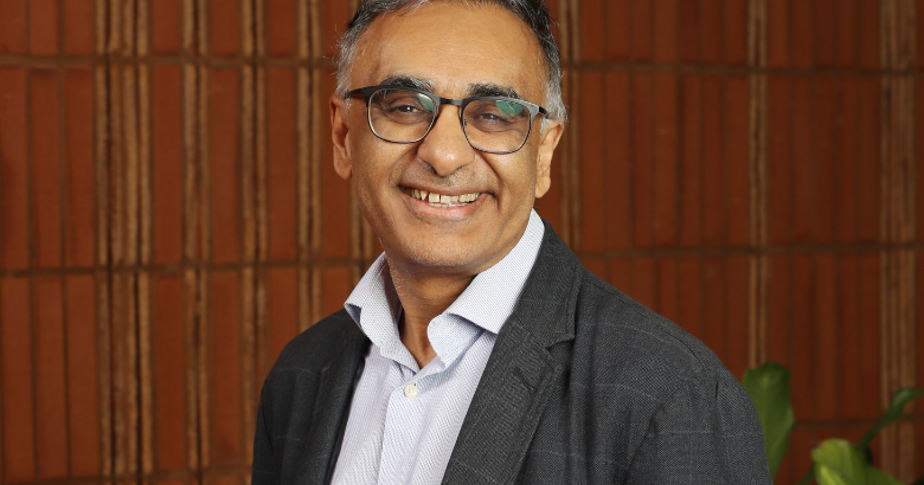
Recognising the potential of precision medicine – developing treatments that were more efficacious and less toxic – led Mater Research Executive Director Professor Maher Gandhi to become a hospital clinician and world-leading biomedical scientist.
Professor Gandhi recently presented at the Australian Academy of Health and Medical Sciences (AAHMS) Life as a Clinician-Scientist Queensland Symposium, sharing insights into his career as both a biomedical scientist and a hospital clinician.
He explained the educational pathway to become a clinician-scientist is not linear, but says it’s an exciting career path and encourages others to consider it.
“It is an incredibly intellectually rewarding career, in part because of the long-term and strategic way that you have to think as a clinician-scientist. It suits me down to the ground,” Professor Gandhi said.
Professor Gandhi, who specialises in haematology - in particular lymphoma – said that one of the things that drove him to becoming a clinician-scientist was realising that there were problems with his specialty.
“A lot of the people I was treating clinically weren’t doing well, and the ones who did well, quite often ended up with a life-long disability as the treatments we gave them were untargeted,” Professor Gandhi explained.
“This was during the late 1990s and early 2000s, when there were a lot of exciting developments happening, including sequencing the genome.”
Professor Gandhi works clinically at the Princess Alexandra Hospital, alongside his research role as Group Leader – Blood Cancer Research Group at Mater Research. The group has a biomedical focus to understand the bi-directional relationship between the lymphoma and the tumour microenvironment.
“We put the two together and translate that into investigator-led clinical trials that are ‘chemo-free’ and immune-based,” Professor Gandhi said.
To translate his findings, Professor Gandhi runs a number of innovative early phase clinical trials. These are funded by the Federal Government’s Medical Research Future Fund as part of the Rare Cancers, Rare Diseases and Unmet Need Clinical Trials program. He is currently the lead investigator on three Australia-wide clinical trials – TREBL-1, CLARIFY and TREBL-2. All three trials involve cellular therapy combined with a small molecule, an antibody or sequential therapy.
Professor Gandhi is passionate about laying foundations for the next generation of clinical and translational scientists and thanks the role models and mentors he has had during his career, who helped him become the best version of himself.
“There are so many people who influenced me along the way, and they’re all really very different people with different strengths and they influenced me at different stages in my career.
“What they all have in common is that they influenced me,” Professor Gandhi said.
Sharing advice to the next generation of budding clinical-scientist, he says there are people who are already influencing you, and people who will influence you in the future.
“However, it’s not just about the mentor, it’s about the mentee and what you bring to the table, so try and understand what their strengths are and how it can influence you to be a better person and a better clinician scientist in the future.”



